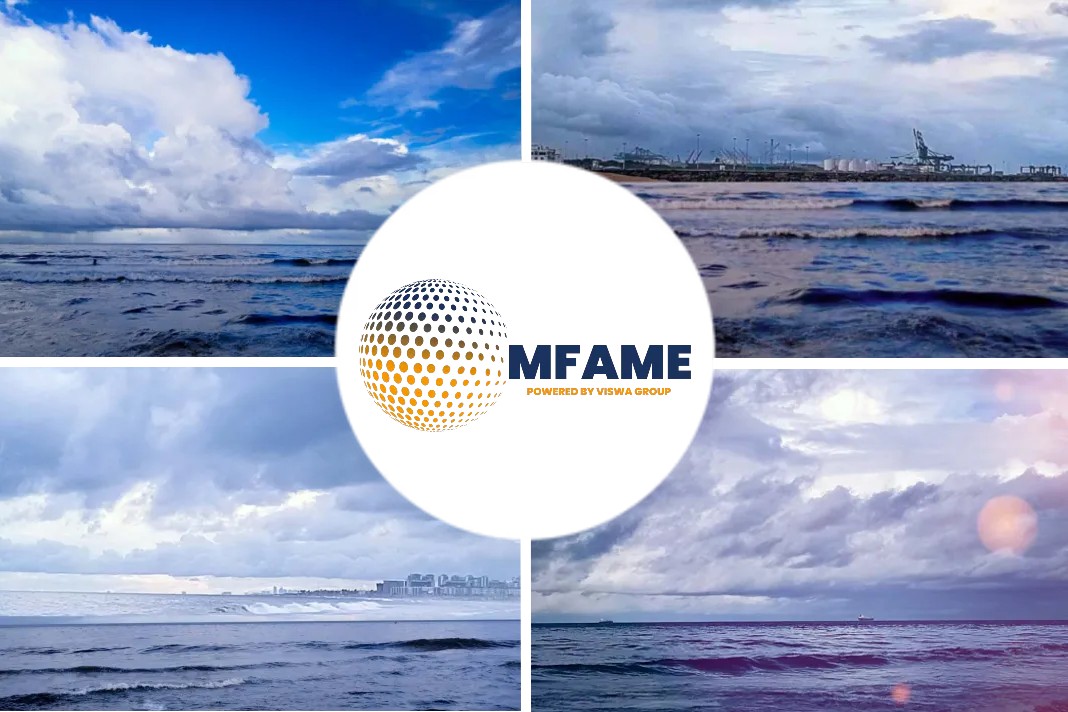
The industry’s initiatives for an enhanced crew welfare should meet all the necessary requirements and go beyond minimum standards, and visibility of the industry must be improved as recruitment challenges hit the sector, argued experts on the Crew Welfare panel discussion, says an article published on Uk Pandi.
Collaboration to raise awareness
The following participants shared their key takeaways and highlighted the power of collaboration to raise awareness on crew welfare: Capt. Akshat Arora, Senior Risk Assessor at UK P&I Club, Rob Gale, Head of Training at IMEC, Capt. John Lloyd, CEO of Nautical Institute, Jongchul Park, Technical Officer of Maritime Training and Human Element Section at IMO, and Helio Vicente, Senior Manager Policy and Employment Affairs at ICS.
Key Challenges
Focusing on Capt. Akshat, he stressed that one of the key challenges seafarers faced was the Covid-19 pandemic, which still impacts them to this day, due to limitations from restrictions.
On top of this, the industry faces shortages of staff, as it is struggling to find talented crew members to replace ones that are no longer in the industry.
Additionally, the conflict in Ukraine has had a major impact on the sector, with ships and crew being stuck in war zones.
Capt. Akshat warned that in the first quarter of 2023, the overall happiness of seafarers has unfortunately declined due to the aforementioned key challenges they face.
Strongly advocates
Message to seafarers and industry stakeholders on this year’s ‘Day of the Seafarers’
However, he highlighted that the industry needs to be displayed in a positive manner. According to Capt. Akshat, the maritime industry only seems to be showcased in the media when a bad event occurs.
Capt. Akshat strongly advocates for success stories to be shared and that the industry needs to be positively visible, to demonstrate how attractive an industry it is to be a part of.
Digitalisation
Another topic of discussion was digitalisation and its challenges and benefits. Capt. Akshat stated how digitalisation enables connectivity for crew members, allowing them to connect with family and loved ones whilst onboard ship.
Opportunities for new jobs
On the other hand, he stressed that digitalisation needs to be managed well and information needs to be monitored, in terms of what media crew members are consuming. However, technology enables e-learning, and Capt. Akshat commented how this will save a lot of time with travelling, as it allows the crew to study onboard.
He added that digitalisation could open up opportunities for new jobs onshore, so it will need to be phased in cautiously.
Decarbonisation
Another hot topic is decarbonisation and it will be for the coming decades. Different fuels and technology is gradually being introduced, to which Capt. Akshat stated that crews will need to be trained on.
Implementation of new fuels
He explained that according to a DNV study, around 800,000 seafarers will require training by 2030 to handle the implementation of new fuels and technology, and added that:
“It is an enormous challenge to overcome but through collaborative efforts, the maritime industry should be able to achieve this.”
Did you subscribe to our daily Newsletter?
It’s Free! Click here to Subscribe
Source: Ukpandi


















